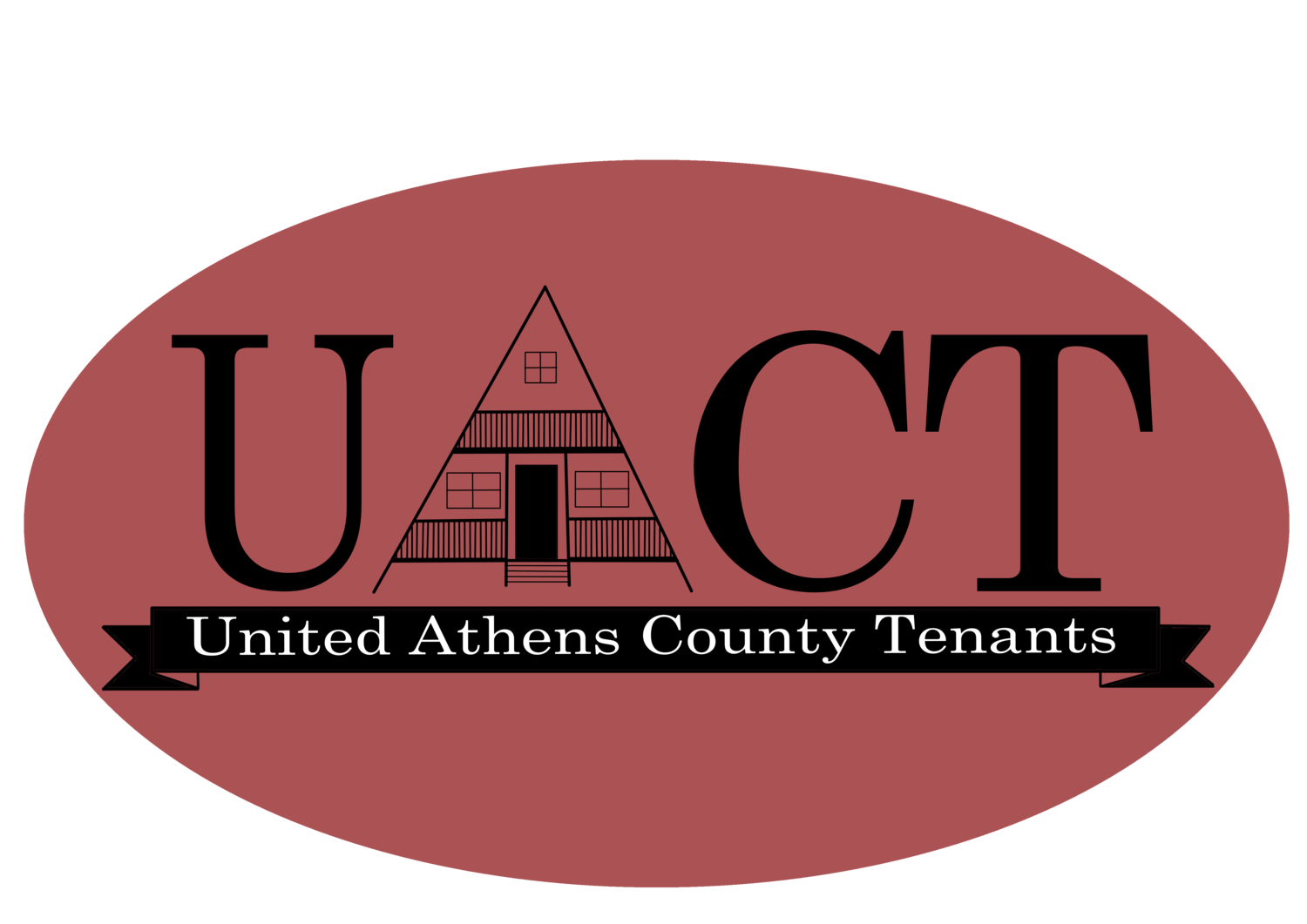Discrimination
“The federal Fair Housing Act prohibits screening/discrimination on the basis of race, color, disability, sex, family status (children), national origin or religion.”
https://www.justice.gov/crt/fair-housing-act-2
Some states have a “Mrs. Murphy” exemption (building has four or fewer units and the landowner occupies one of those units → then FHA does not apply), but Ohio does not! It is illegal to discriminate in Ohio, regardless of number of units/owner occupancy… (http://codes.ohio.gov/orc/4112.02)
Ohio antidiscrimination law covers race, color, sex, religion, national origin or ancestry, familial status (aka number of children/marital status), handicap, and military status.
Applies to both private and public housing
Domestic violence
The Violence Against Women Act prohibits public housing providers or tenants who receive Section 8 Project-based or Housing Choice vouchers from being evicted for reasons directly related to their abuse. However, private landlords may evict despite domestic violence in some cases.
For more information, see the Appalachian Fair Housing Center. [https://appalachianohiofairhousing.org/advocacy/victims-domestic-violence/]
Disability
It is illegal to discriminate based on disability when renting residential units.
ORC 4112.02(H) [http://codes.ohio.gov/orc/4112.02v1]
Reasonable accommodations: Tenants with disabilities may ask a landlord or housing provider to make reasonable accommodations and/or modifications that are necessary for the tenant to have an equal opportunity to use and enjoy that dwelling.
The tenant with disability needs to establish a nexus between their disability and the accommodations; that means, the tenant must state that the proposed accommodation serves to lessen or overcome the effect of the disabling condition in some way.
The tenant should ask their doctor, psychiatrist or other medical provider for a letter describing why this proposed accommodation is necessary or required. A prescription from the medical provider might not be enough.
A reasonable accommodation or modification could be a change or exception to a policy or rule of the landlord, requests for an extra refrigerator to store necessary medical supplies, provision of reserved parking spots for the tenant, widening of doorways to accommodate wheelchairs, addition of ramps on the property, etc.
Housing providers cannot require extra fees or deposits in exchange for making the accommodation or modification.
Service Animals: Even if pets/animals are not permitted in a unit, service animals are allowed. In order to be considered a service animal and protected by law:
The person with the service animal must have a “disability,” which is defined as "disability" is defined by the Fair Housing Act as "mental or physical impairments that substantially limit one or more major life activities.” The term mental or physical impairment may include conditions such as blindness, hearing impairment, mobility impairment, HIV infection, mental retardation, alcoholism, drug addiction, chronic fatigue, learning disability, head injury, and mental illness. The term major life activity may include seeing, hearing, walking, breathing, performing manual tasks, caring for one's self, learning, speaking, or working. The Fair Housing Act also protects persons who have a record of such an impairment, or are regarded as having such an impairment. Current users of illegal controlled substances, persons convicted for illegal manufacture or distribution of a controlled substance, sex offenders, and juvenile offenders are not considered disabled under the Fair Housing Act, by virtue of that status.
Fair Housing Act, 42 U.S.C. 360, et seq. (https://www.justice.gov/crt/fair-housing-act-2)
The tenant with the service animal must submit to their landlord a letter affirming that the tenant has a disability, preferably with documentation from their doctor, therapist or other medical provider verifying the need for a service animal. The landlord or other provider of housing is entitled to obtain only that information necessary to determine whether the requested accommodation is necessary because of a disability. So the tenant doesn’t need to provide a detailed or comprehensive medical history.
A landlord can refuse this requested accommodation if it would constitute an undue financial or administrative burden or would fundamentally alter the nature of the housing; for example, if the animal is disruptive to other tenants, or if the animal poses a direct threat to the health, safety, or property of others.
Private housing landlords cannot charge a fee or security deposit for a service animal. However, the tenant may still be financially liable for damages caused by the service animal.
Service Animals in Public Housing: Other federal laws may apply as well, including Section 504 of the Rehabilitation Act of 1973, which requires any program receiving federal assistance to provide reasonable accommodations to persons with disabilities, such as public or subsidized housing, although not a landlord who only accepts Section 8 rental assistance. Regardless, the Fair Housing Act applies to virtually all forms of housing.
Public housing landlords cannot charge a fee or security deposit for a service animal. However, the tenant may still be financially liable for damages caused by the service animal.

